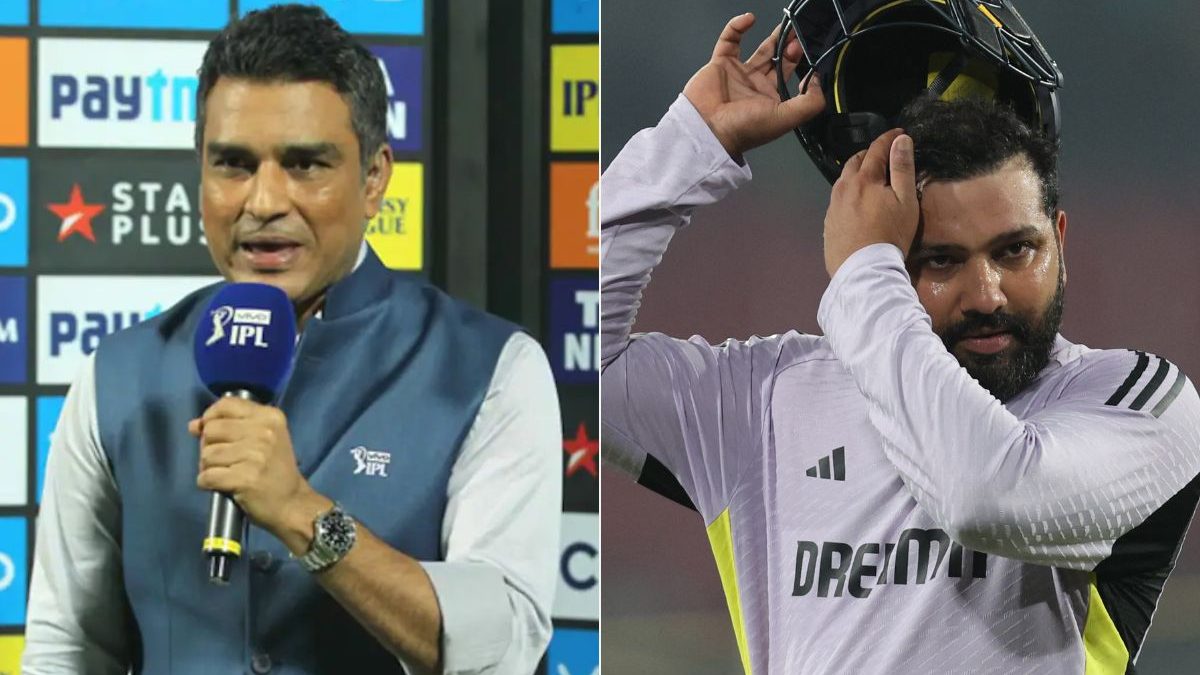

In the wake of his Test retirement announcement, Rohit Sharma has openly criticized the quality of cricket commentary in India, sparking a debate within the cricketing fraternity. Sharma, in an interview with Vimal Kumar on his YouTube channel, voiced his disappointment with what he perceives as "agenda-driven" criticism and a focus on creating controversy rather than analyzing the game.
Sharma lamented the shift in focus from genuine cricket analysis to sensationalism and the targeting of individual players. He compared the Indian commentary standards unfavorably to those in Australia, where he feels the analysis is more insightful and less focused on creating unnecessary drama. "It seems like they just want to single out a player and keep talking about him or her. It's very disappointing," Sharma stated, expressing his concern that this approach does a disservice to genuine cricket lovers who seek a deeper understanding of the sport. He also pointed out that the quality of journalism has declined, with less emphasis on tactics and analysis and more on generating views and likes.
Sanjay Manjrekar, a former Indian cricketer and now a prominent commentator, has responded to Sharma's remarks, adding another layer to the ongoing discussion. While Manjrekar hasn't directly addressed Sharma's specific criticisms of Indian commentary, he has been vocal about Sharma's recent form and fitness. Following Sharma's Test retirement, Manjrekar took to social media to highlight Sharma's recent slump in form, pointing to his average of 10.9 in his last nine matches. He suggested that Sharma's declining fitness levels contributed to his decision to step away from Test cricket.
Manjrekar has previously expressed concerns about Sharma's form in the Indian Premier League (IPL), noting that "things are slipping away for him". He argued that Sharma, at this stage of his career, needs to work harder to maintain his peak performance and can no longer rely solely on natural talent. Manjrekar has also, at times, praised Sharma for his honesty and team spirit, such as when Sharma decided to drop himself from a Test match due to poor form.
Sharma's critique of Indian commentators isn't entirely new. He has, in the past, voiced his displeasure with what he considers unnecessary criticism and the targeting of players. He drew a line at "agenda-driven" criticism, stating that while players are open to accepting criticism for poor performances, the commentary should be fair and unbiased. Sharma clarified that there's a way to criticize people, stating that criticism in India felt agenda-driven. He emphasized the importance of respecting players and focusing on constructive analysis rather than personal attacks.
The debate surrounding Sharma's comments and Manjrekar's response highlights the complex relationship between players, commentators, and the media in Indian cricket. While constructive criticism is essential for improvement, Sharma's concerns about "agenda-driven" commentary raise questions about the motivations and standards within the Indian cricket media landscape. The discussion also underscores the pressure and scrutiny that Indian cricketers face, particularly senior players like Sharma, as they navigate their careers under the constant glare of the public eye.